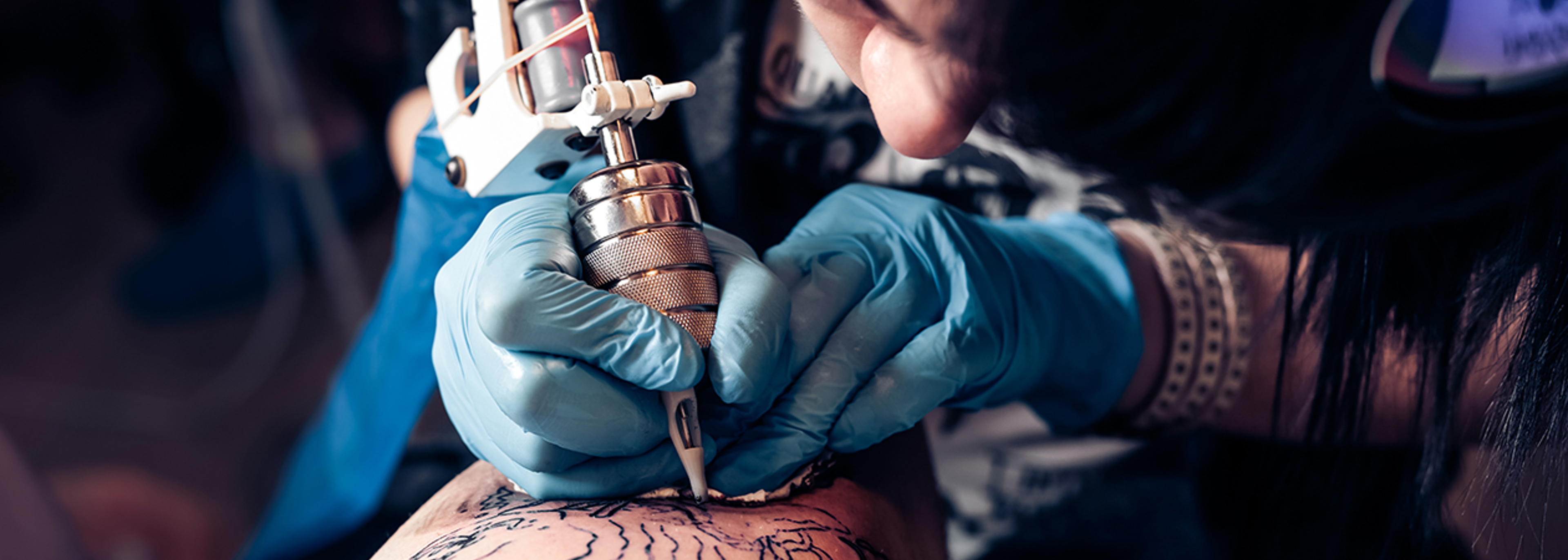Help us create an Environmental Health APPG
Join our campaign by urging your local MP to support the formation of an All-Party Parliamentary Group (APPG) on environmental health.

Infection control in shops offering tattoos, piercings and other non-surgical cosmetic surgeries is inadequate and needs an overhaul, says a report from RSPH.

Help us create an Environmental Health APPG
Join our campaign by urging your local MP to support the formation of an All-Party Parliamentary Group (APPG) on environmental health.